A New York judge has placed a limited gag order on former President Donald Trump, relating to his upcoming trial on criminal hush money charges.
The order, issued by Judge Juan Merchan, specifically limits Trump’s ability to make public statements about witnesses, prospective jurors, members of the court staff and their families, and lawyers, excluding Manhattan District Attorney Alvin Bragg. This decision aims to mitigate potential influences on the administration of justice, following statements made by Trump that were described as “threatening, inflammatory, denigrating.”
Judge Merchan’s Rationale for the Gag Order
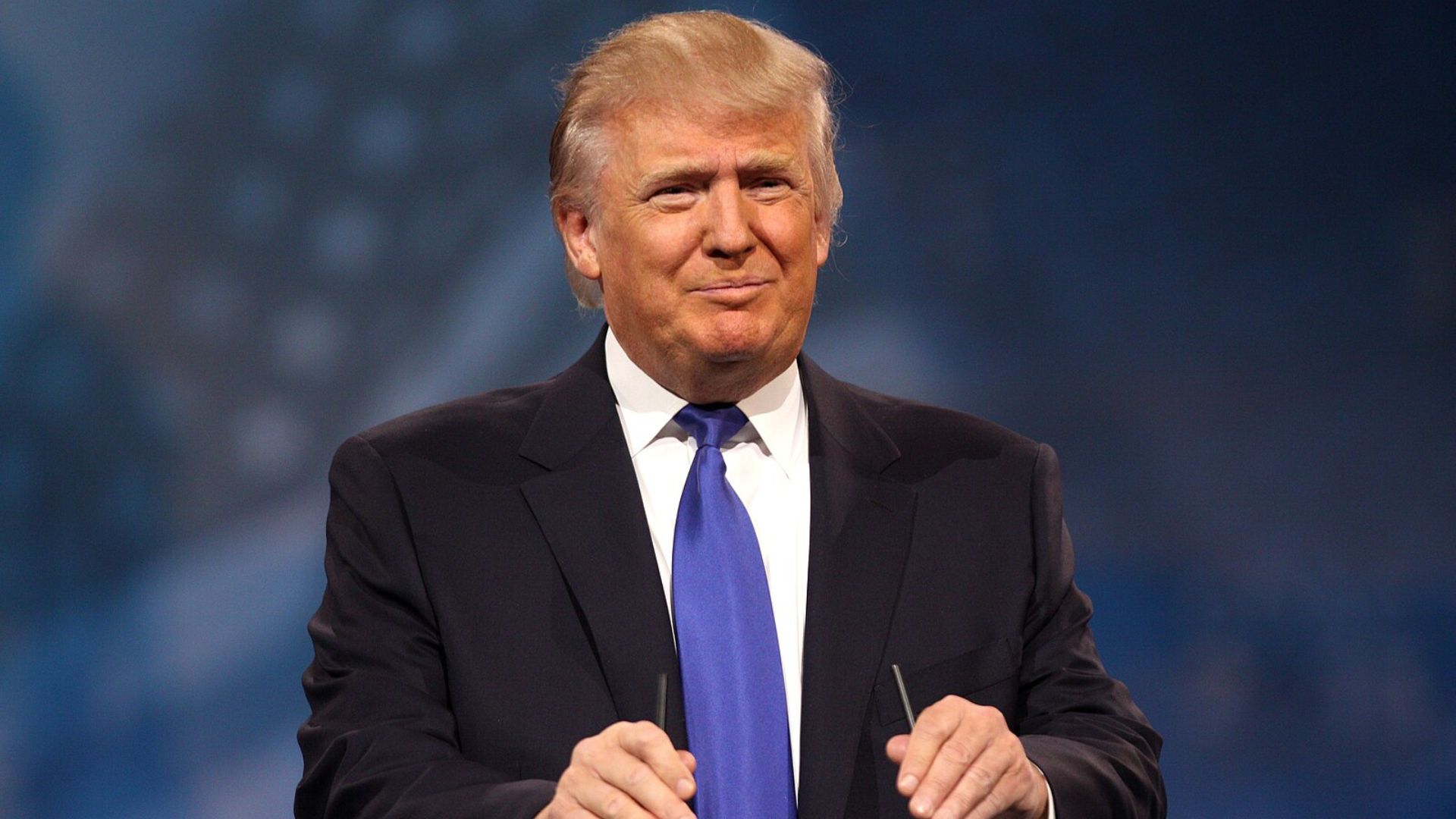
Judge Juan Merchan highlighted the nature of Trump’s comments about key individuals involved in his criminal and civil cases, noting they posed “a sufficient risk to the administration of justice.”
According to Merchan, the consequences of Trump’s statements not only instilled fear in the individuals targeted but also necessitated increased security measures to protect them and their families.
Trump’s Legal Challenges and the Gag Order’s Scope
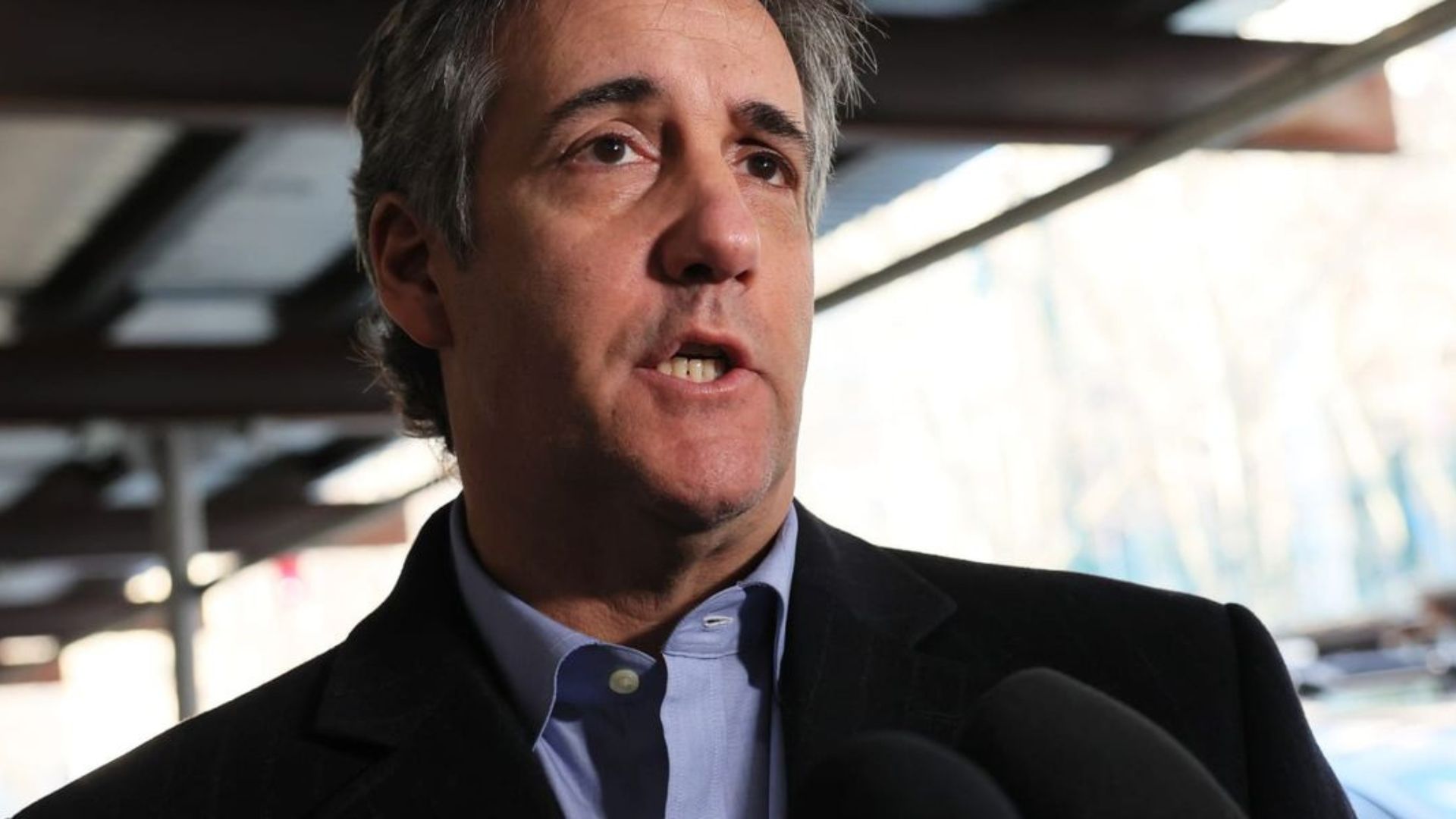
Trump, who last April pleaded not guilty to a 34-count indictment for falsifying business records related to a hush money payment, finds himself at the center of legal scrutiny once more.
The gag order follows Trump’s derogatory remarks about key figures such as Michael Cohen and Judge Merchan himself. By restricting Trump’s public commentary on involved parties, the court aims to ensure a fair and orderly trial.
The Impact of Pretrial Publicity on the Trial
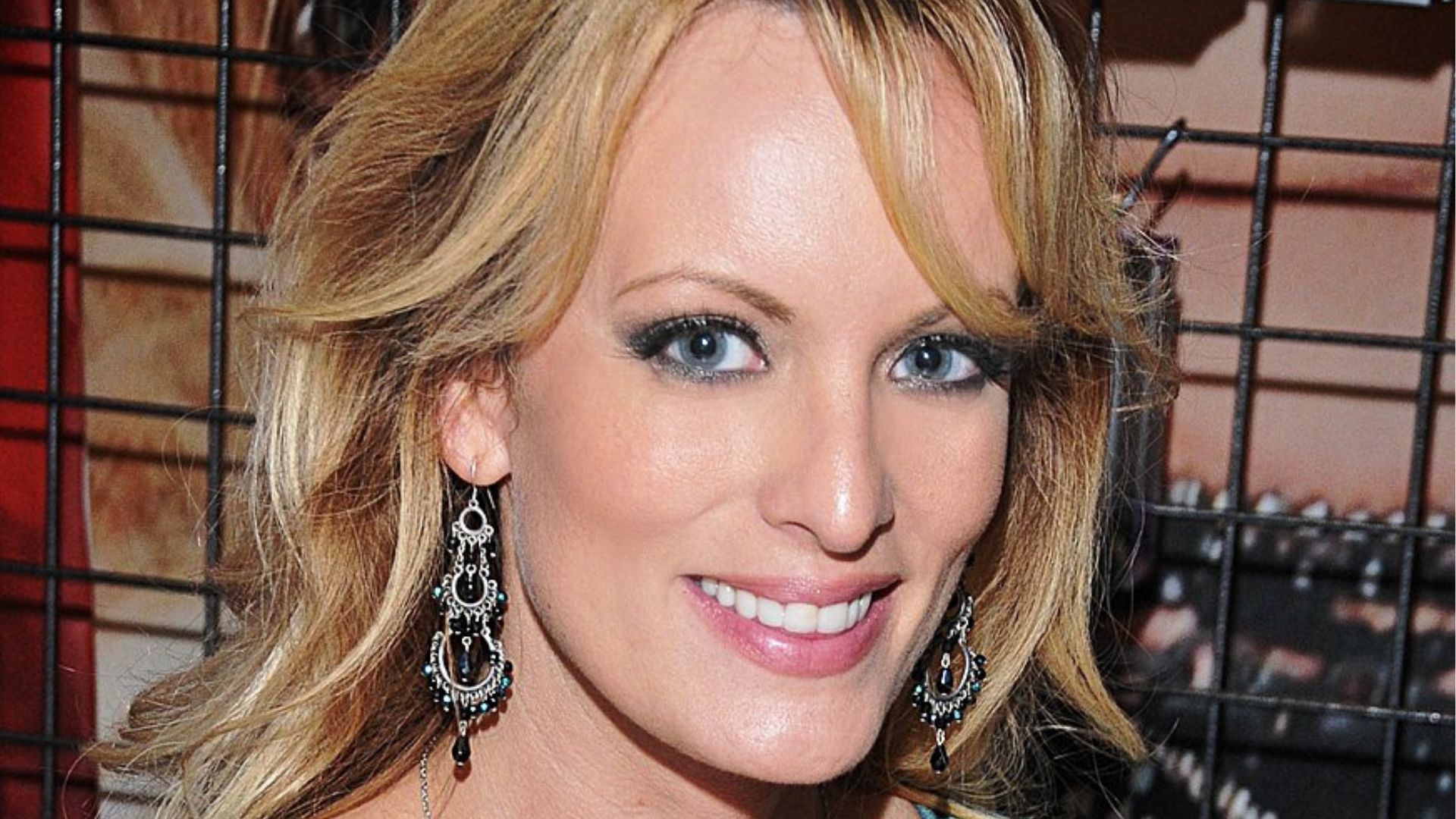
The defense team for Trump has been vocal about their concerns regarding the pretrial publicity, particularly emphasizing the influence of a new documentary about Stormy Daniels.
They argue that such media coverage has exposed potential jurors in Manhattan to biased information, potentially jeopardizing Trump’s right to a fair trial.
Trump’s Defense Arguments Against the Gag Order
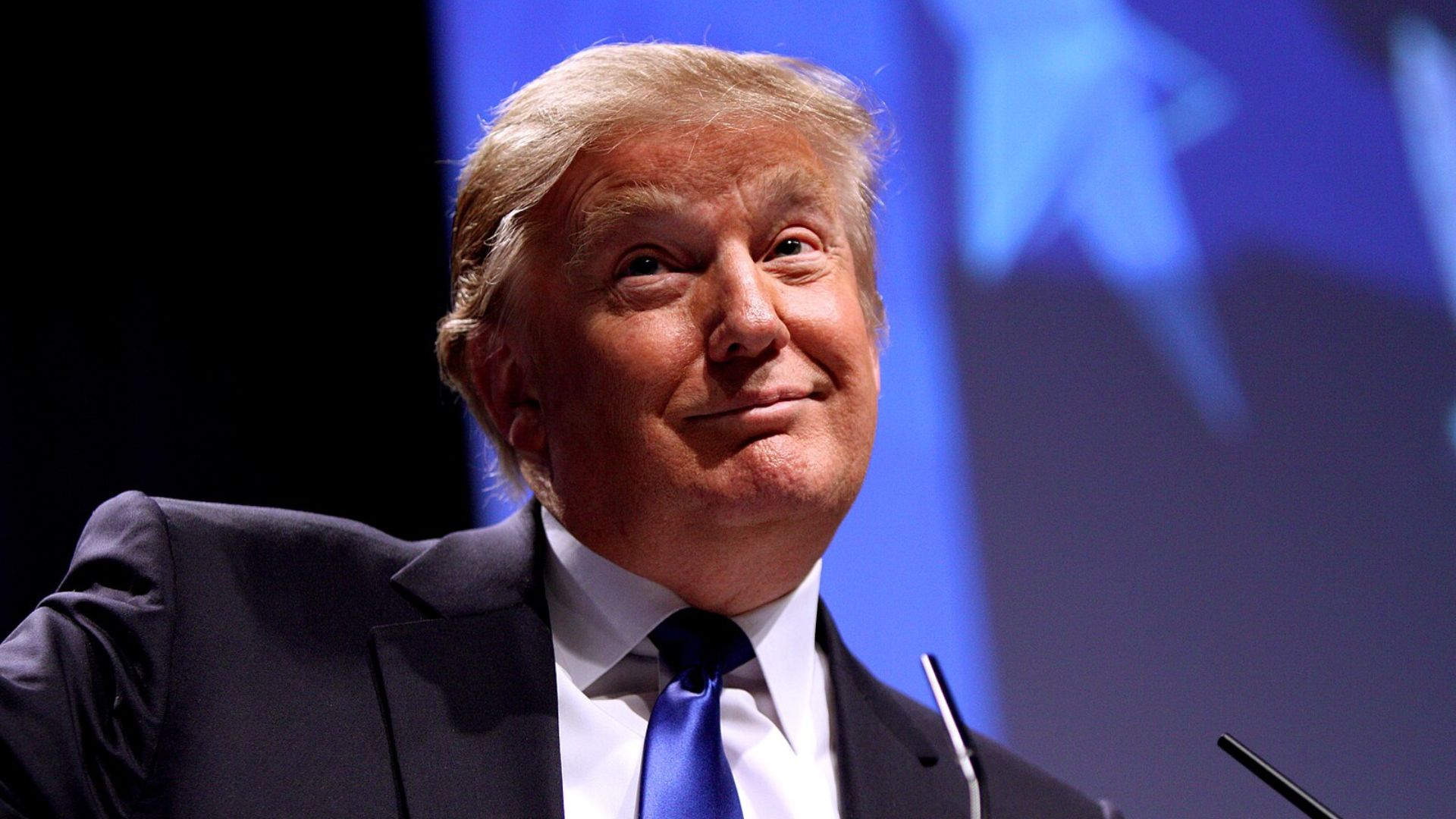
Trump’s attorneys and campaign spokespeople have criticized the gag order as an infringement on the former president’s First Amendment rights, especially given his role as a leading candidate for the presidency in the upcoming election.
They argue that the gag order limits Trump’s ability to engage in political discourse, a fundamental aspect of the electoral process, highlighting the tension between judicial constraints and free speech.
Historical Context and Precedent for Gag Orders
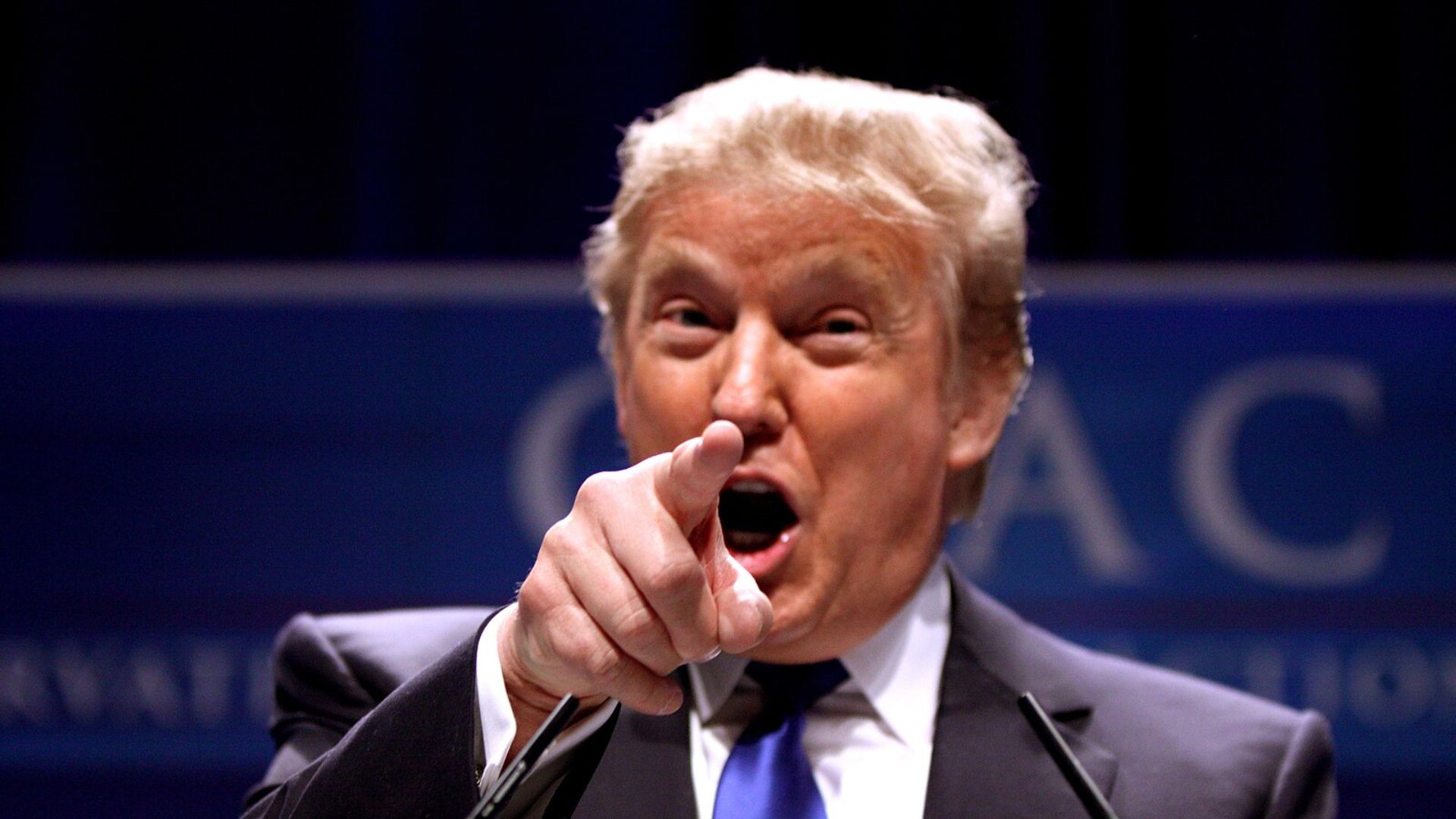
The imposition of gag orders is not unique to Trump’s case but is rather a common judicial measure in high-profile cases to protect the integrity of the legal process.
Judges in Trump’s other legal battles, including a civil fraud trial in New York and a federal election subversion case in Washington, D.C., have issued similar orders.
Cohen’s Reaction to the Gag Order
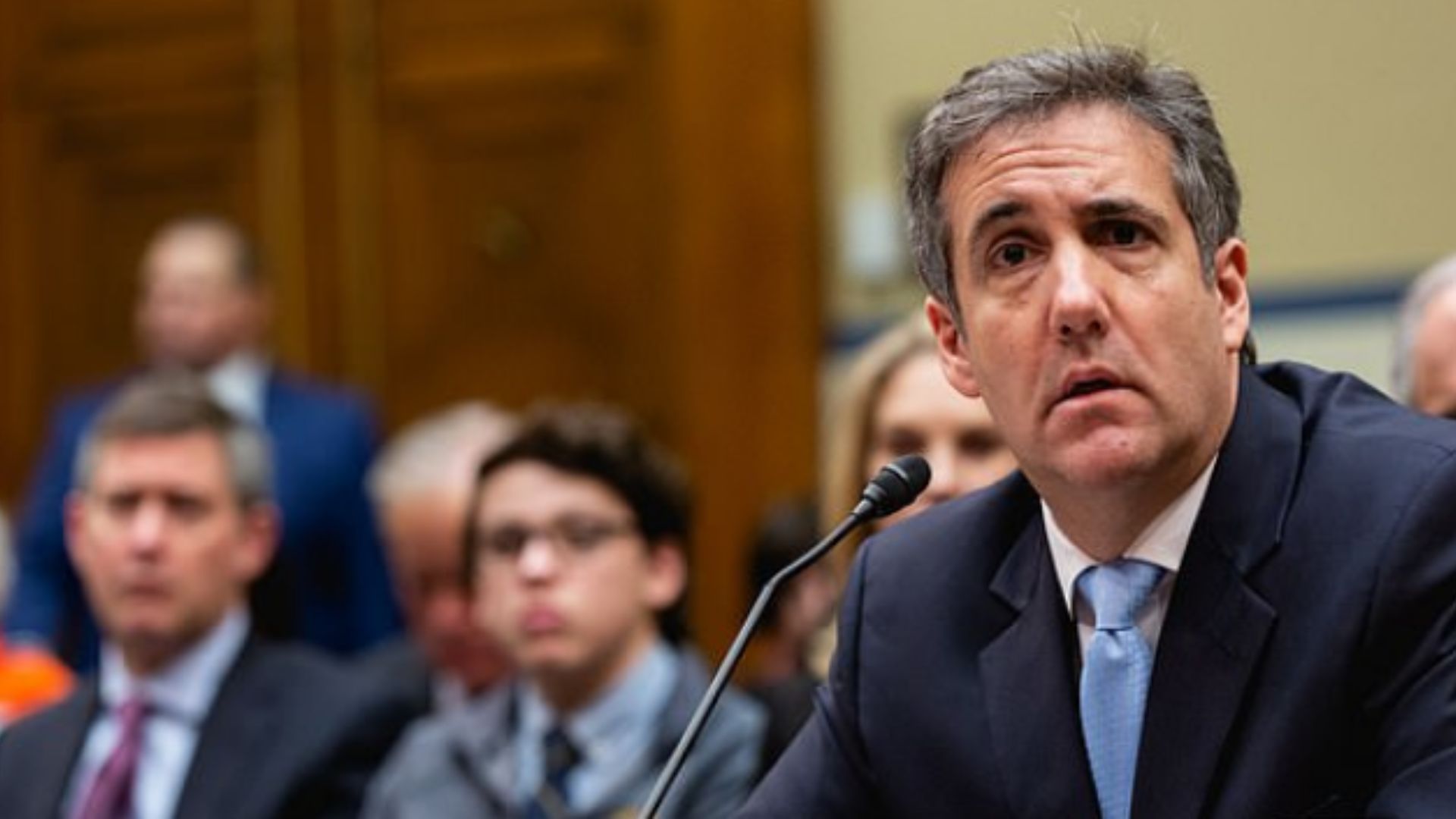
Michael Cohen, a key witness in the case and former attorney to Trump, expressed his gratitude towards Judge Merchan for the imposition of the gag order.
Cohen said, “I want to thank Judge Merchan for imposing the gag order as I have been under relentless assault from Donald’s MAGA supporters.”
The Legal Framework Surrounding the Trial
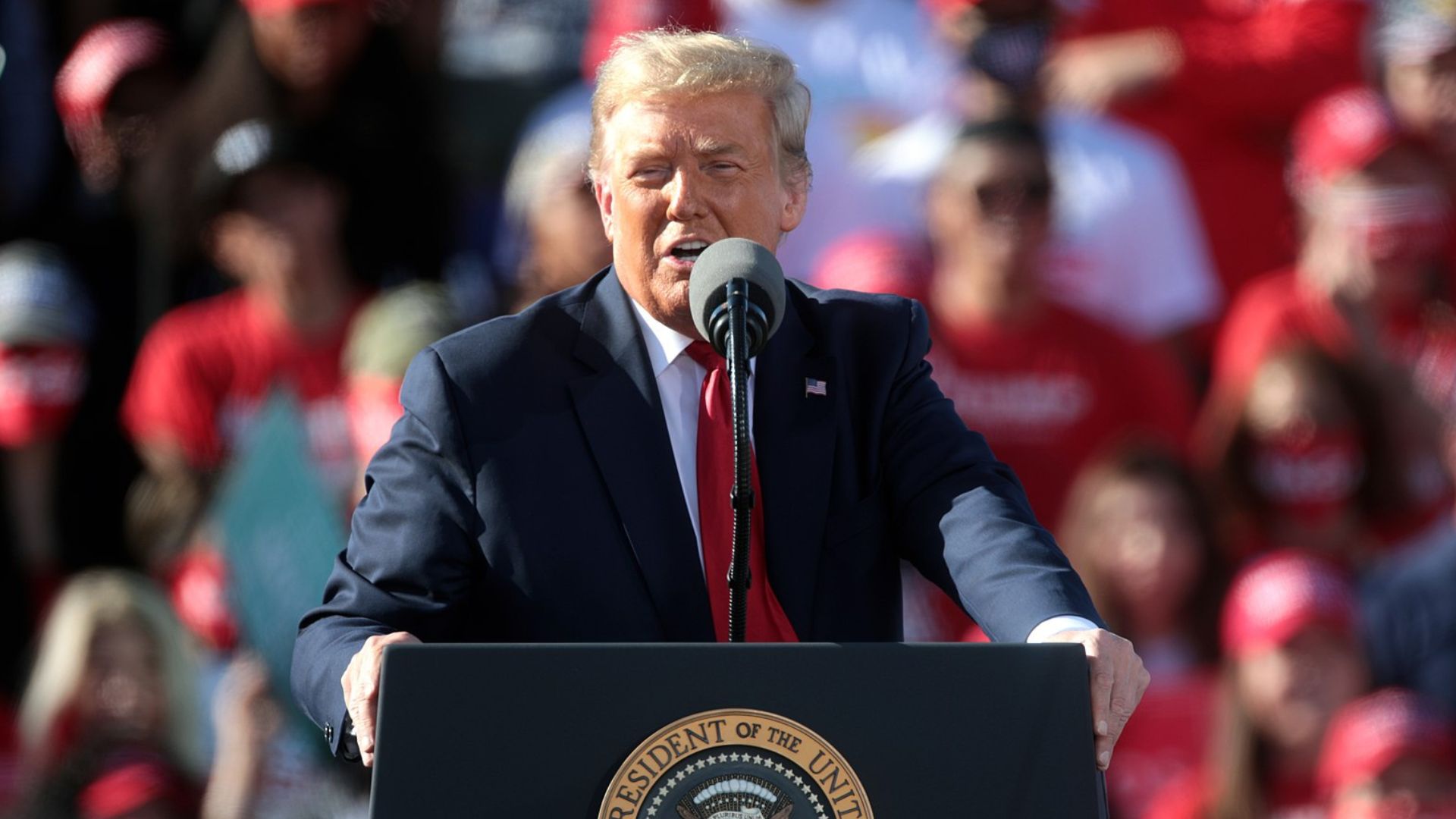
As the trial approaches, the legal framework established by the gag order and other pretrial motions sets the stage for what promises to be a closely watched proceeding.
The gag order specifically targets Trump’s ability to speak publicly about certain aspects of the case, reflecting an effort by the judiciary to maintain a controlled environment in which justice can be fairly administered.
Trump’s Continued Legal Maneuvers
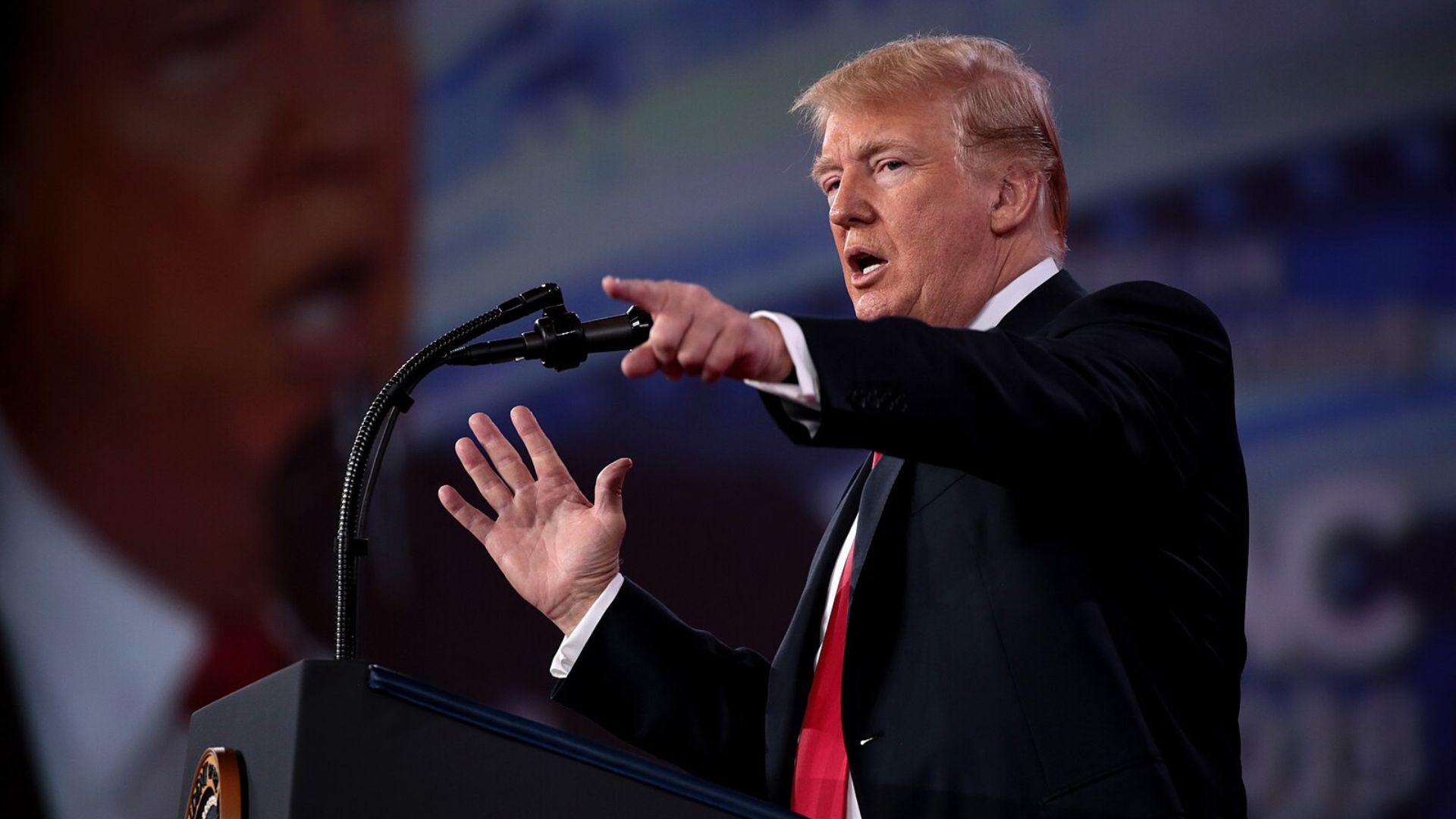
Despite the gag order, Trump and his legal team continue to seek ways to delay the start of the trial, citing concerns over prejudicial pretrial publicity.
These efforts highlight the strategic legal battles being waged outside the courtroom, as both sides prepare for a trial that will undoubtedly attract national and international attention.
Jury Selection and Trial Preparations
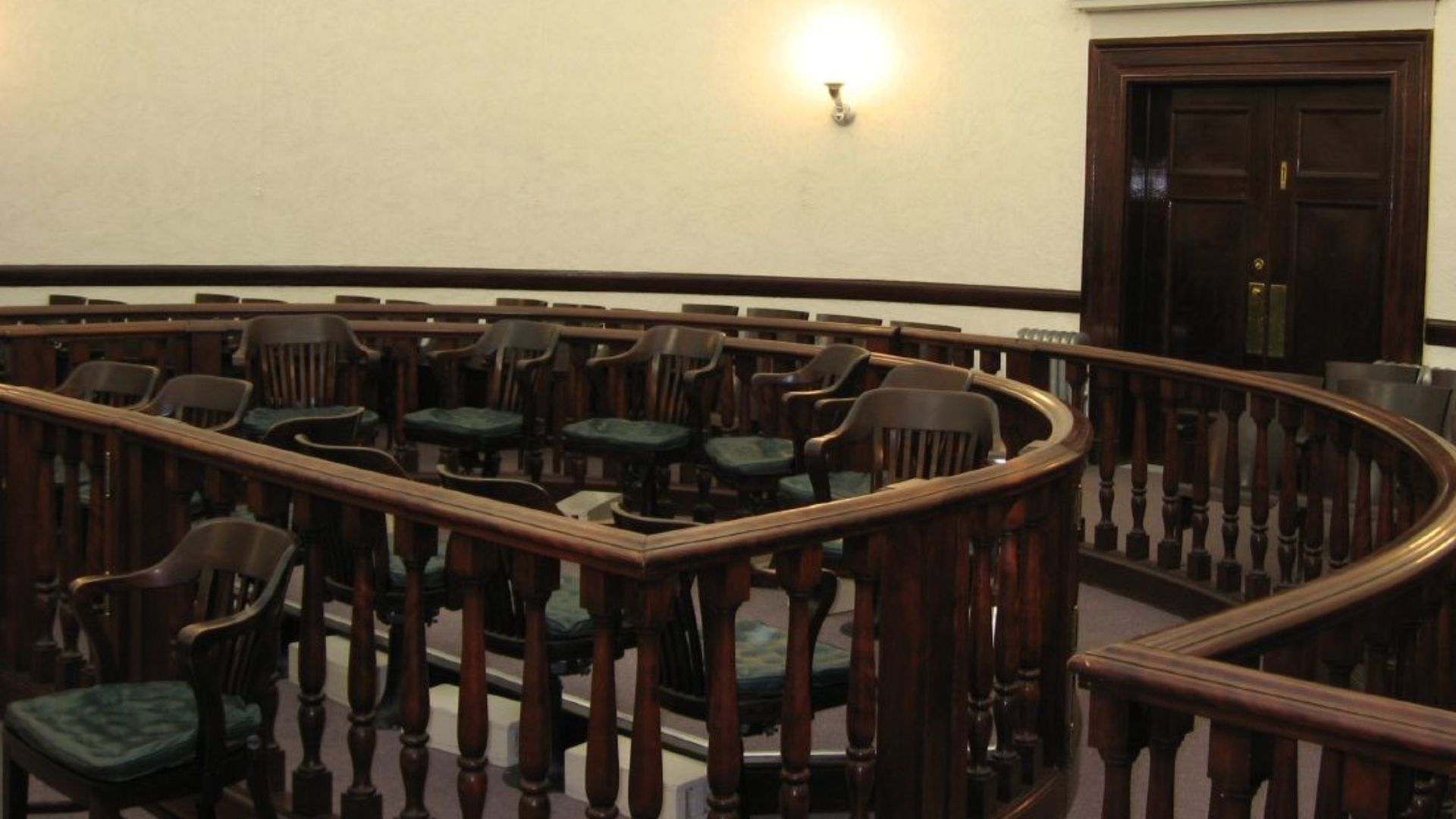
With jury selection set to begin on April 15, the preparations for the trial are entering a critical phase. The process will be closely monitored by both legal professionals and the public, as it will set the tone for how the trial will unfold.
The selection of jurors in such a high-profile case is a delicate task, requiring careful consideration to ensure that the jurors can remain impartial despite the extensive media coverage.
The Core of the Hush-Money Allegations
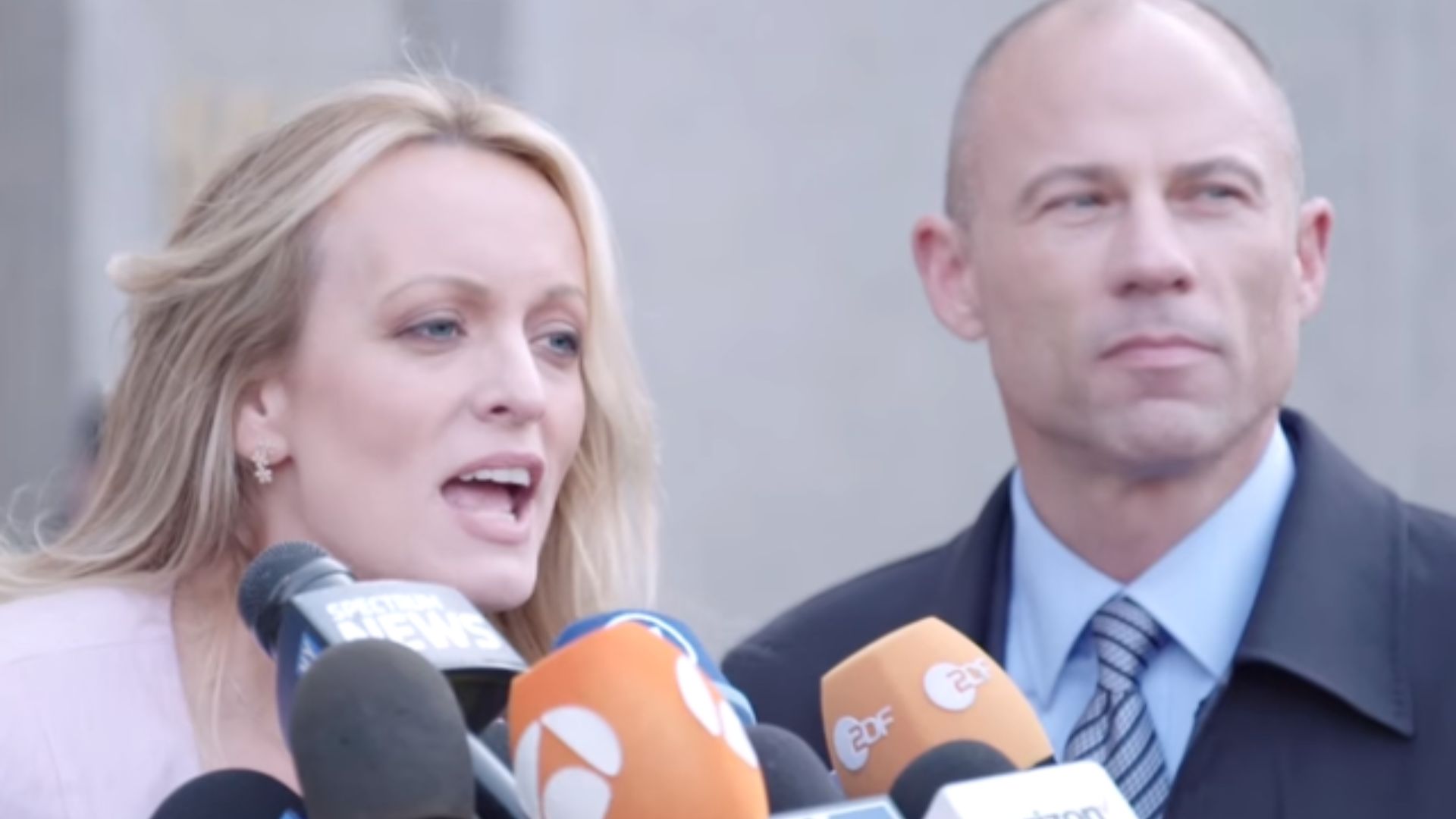
The crux of Donald Trump’s hush-money case revolves around accusations of financial misrepresentation, specifically, that payments made to Michael Cohen, his personal attorney at the time, were falsely recorded as legal expenses in his company’s ledger.
These payments were allegedly for Cohen’s efforts to suppress negative stories about Trump during the 2016 presidential campaign. This notably includes a $130,000 payment made to adult film actress Stormy Daniels, intended to prevent her from disclosing her claims of a past encounter with Trump.
The Trial’s Significance and Its Place in History
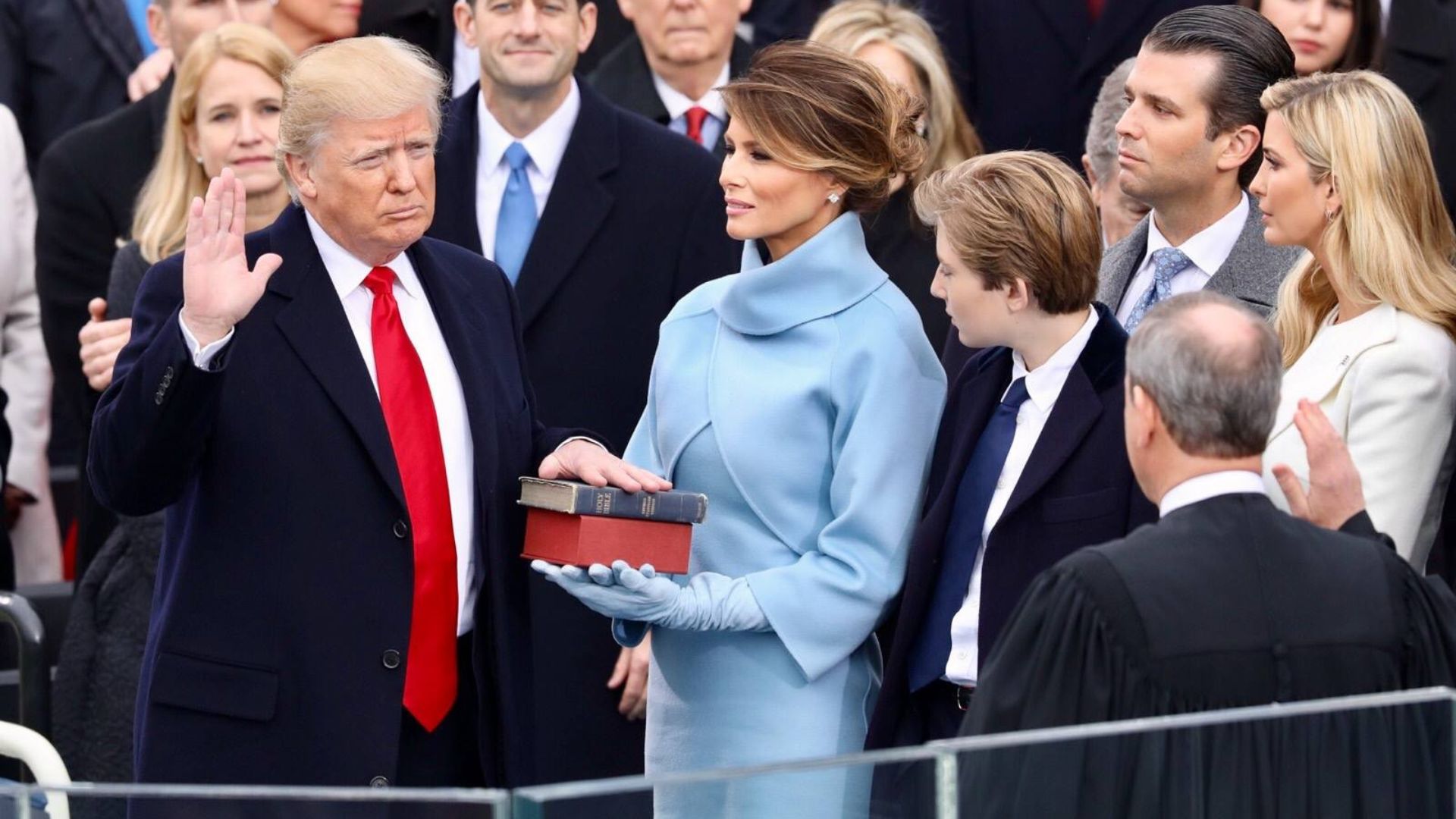
The trial of Trump on charges related to hush money payments stands as a historic event, marking the first criminal trial of a former president in the United States.
As the trial progresses, it will undoubtedly become a landmark case, analyzed and referenced for its legal, political, and social implications.
